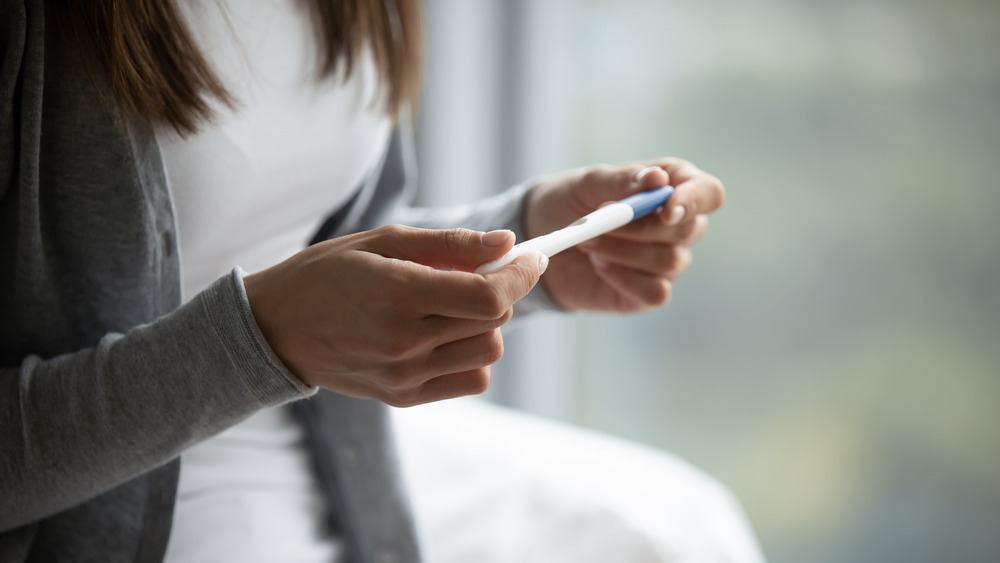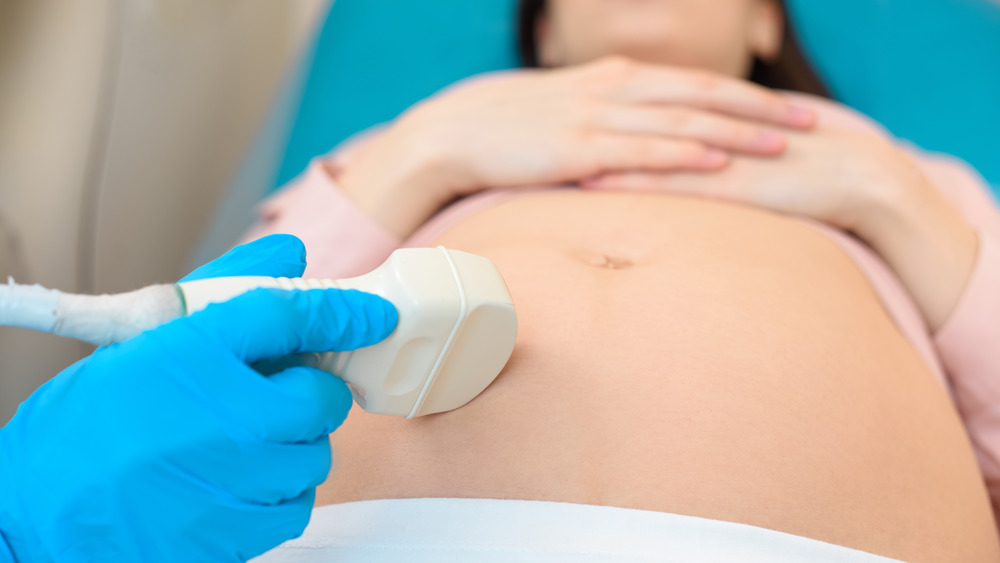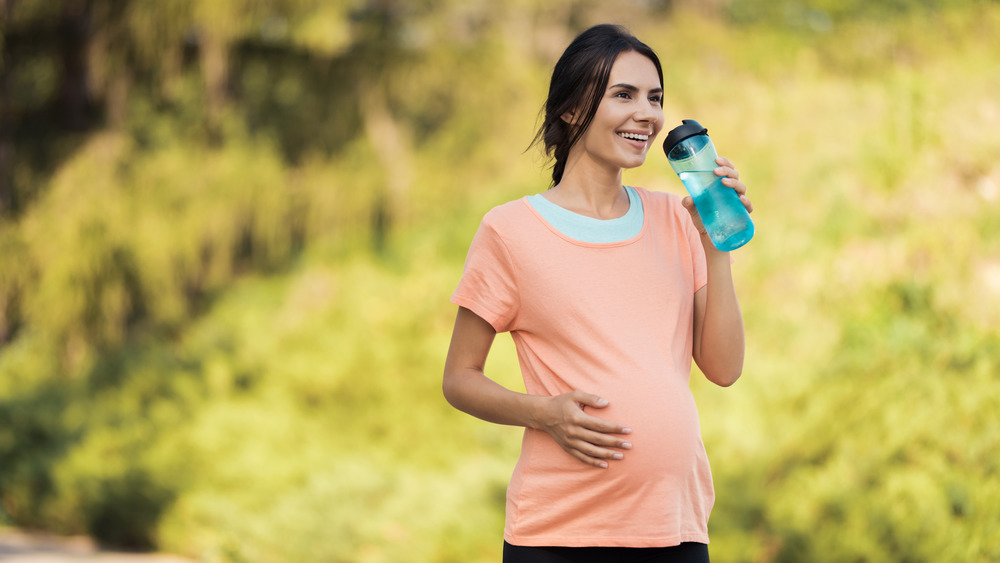The Most Important Things To Do During Your First Trimester
You've just received the news that life as you know it is about to change completely. You're pregnant, and the little, speck-sized being growing inside of you is going to need so many things. Like a name, and a crib, and a diaper disposal system, and definitely some tiny little shoes, and a college fund. So, where do you start?
Let's slow down and start with you, suggested Dr. Shannon Schellhammer, OB/GYN with Orlando Health Winnie Palmer Hospital for Women & Babies. Because, before you make a plan for life after baby is born, you have to make sure your little one's current environment — your body — is in the best shape possible for a healthy nine months. "Your first trimester of pregnancy is an exciting time filled with lots of changes," Schellhammer told The List in an exclusive interview. "It is important to maintain healthy nutrition, exercise and sleep, while avoiding certain things that can harm your baby."
These things may be the last things on your mind if pregnancy has hit you like a ton of bricks — but you need to soldier through the next twelve weeks, she added. "The first trimester may present its challenges like nausea, vomiting, fatigue, headaches, and mood changes, but it is a vital time for the growth and development of your baby!" Schellhammer explained.
Make an appointment with an OB/GYN as soon as you learn you're pregnant
So how do you make sure you're doing the right things to grow a healthy baby? Partnership with a medical professional is key. "As soon as you have a positive pregnancy test, you should reach out to an OB/GYN provider to set up your first OB appointment," Schellhammer urged.
At that visit, your doctor will check to make sure you're on prenatal vitamins, but ideally, you started with them as soon as you decided you wanted to get pregnant, if this pregnancy is planned. "The best time to take prenatal vitamins is actually at least one month before trying to become pregnant," Schelhammer said. "This allows your body to build up enough of each vitamin to be able to pass it on to your baby as soon as you conceive. It is very important to take a vitamin with folic acid to help the baby develop normally. Women should continue their prenatal vitamins throughout pregnancy and until six weeks postpartum or the duration of breastfeeding."
Stop smoking and drinking immediately
If you enjoyed an occasional cocktail, smoked or vaped, or used any illegal drugs pre-pregnancy, you need to stop these activities immediately, Schellhammer said. Babies can be born in an agonizing state of drug withdrawal; more disturbingly, they can have heart attacks, strokes, and seizures, according to WebMD. Think marijuana is no biggie? Children born to mothers who smoked pot while pregnant have been shown to have learning problems, the outlet reported.
It's not just illegal drugs you need to worry about — legal ones might be a concern, too. "Also, if you have chronic medical conditions and are on medications, you need to check with your OB/GYN right away to see if they are safe to continue," Schellhammer said. "The first trimester is vital to the proper development of your baby. This is the best time to figure out whether you need to stop taking medication, and also put together a game plan for a healthy pregnancy.
Keep exercising while pregnant
While you clearly want to avoid drugs while pregnant, a runner's high is perfectly acceptable. In fact, Schellhammer recommends it. "Women who do not have any medical or obstetric complications should perform moderate exercise for 30 minutes or more most days of the week," she said. There are, however, a few limits to that. "Generally, most exercise programs are safe during pregnancy," Schellhammer explained. "However, women should avoid activities that have a high risk of trauma or falling. Also, they should avoid lying flat on their back as they get further along in pregnancy. It is important to discuss your exercise routine with your doctor to ensure it is safe for you and your baby. "
But all in all, self-care will be just what the doctor ordered, and that goes beyond staying active. "Remember to take care of yourself, eat small frequent meals, and rest," Schellhammer said. "Get excited for the second trimester where you will feel so much better and others will even get to see that baby bump!"



